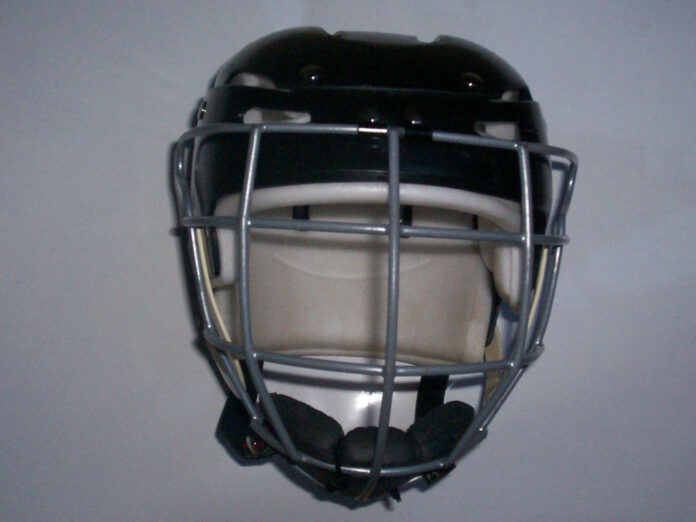GAA PRESIDENT Liam O’Neill has said young boys need to be treated sensitively, when playing hurling or football, to help ensure that their emotional growth is not stunted as they get older.
He was speaking at aweek-long Gaelic Games Made Easy course in Barefield National School for primary school teachers, organised by Peadar McMahon and Joe Garry.
“I was talking to the teachers in terms of attempts now being made to help young adults to express their feelings and to avoid people thinking that they’re alone if they have any difficulty. We’re working very closely with the Samaritans, with Pieta House and with any group of who would help in a situation where people find themselves in difficulty,” Mr O’Neill outlined to The Clare Champion after he had addressed the group of more than 30 teachers.
“Young boys aren’t taught the language of emotion early enough. When I was a child if you got a belt you were told ‘big boys don’t cry.’ The message there is that you don’t express your feelings and you don’t show weakness.”
The Laois man, who is principal of his local primary school in Trumera, feels that boys must be treated with the same care as girls.
“It’s becoming increasingly obvious to me anyway that when you see boys and girls playing at U-6 and U-8 level, when a boy or a girl gets a belt of a hurley, a football or a kick, it hurts a boy every bit as much as a girl but we don’t allow boys to express that. I think that if we taught boys the language needed to express their emotions, I think we could do a huge amount to unlock the difficulties that lead, in later life, to people feeling that they are on their own and who can’t express themselves. They can’t say ‘hey, I’m in trouble here, I need help,” Mr O’Neill stated.
He feels that teachers, the GAA, locally and nationally, have a key role to play in this.
“We can be a contributor to that wider movement. I was particularly conscious of the fact, when I was talking to the primary teachers who have the most influence on young people, that we would like to be a partner in that process of being kinder to boys and allowing them to express their feelings. Hopefully we’ll help them so that when they become a teenager or a young adult that they will be able to go to someone and say ‘look, I need help,” he reiterated.
Mr O’Neill is adamant that coaches must be respectful and nuanced in their dealings with children.
“Sometimes you think that you have to goad children in order to perform the skills. Children are the same as adults. I don’t like being shouted at. I never meet an adult who likes to be shouted at or to be told that they’re not good. As for children, they thrive on warmth, affirmation and they like to be recognised for their achievement. Whatever their achievement is, at the end of the training session a boy or a girl, who couldn’t catch a ball before the session and can do it at the end of it, is in a much better place. It’s about putting the child first,” he said, noting that his belief that it’s not about winning at under age level.
“The old thinking was that the team had to win. That’s fine at adult level where you have people who are emotionally strong enough to do that. But at the lower level I think you have to look after the needs of the individual first. I always make the point to coaches of children of primary school age that when you’re involved with that age group, you’re in child care whether you like it or not and you better look the child,” the GAA President said.
“When you’re involved with teenagers or at second level, you’re involved in youth development. Then you keep that duty of care going for adults. I think we have a reasonable record of player welfare now. It has improved dramatically over the last number of years and we are beginning to recognise that it’s important to look after people,” Mr O’Neill maintained.
By Peter O’Connell
A native of Ennis, Colin McGann has been editor of The Clare Champion since August 2020. Former editor of The Clare People, he is a journalism and communications graduate of Dublin Institute of Technology.


